Small-scale Farmers Developing Resilience to COVID-19 - Episode 18
IFAD Asset Request Portlet
Asset Publisher
Small-scale Farmers Developing Resilience to COVID-19 - Episode 18
29 March 2021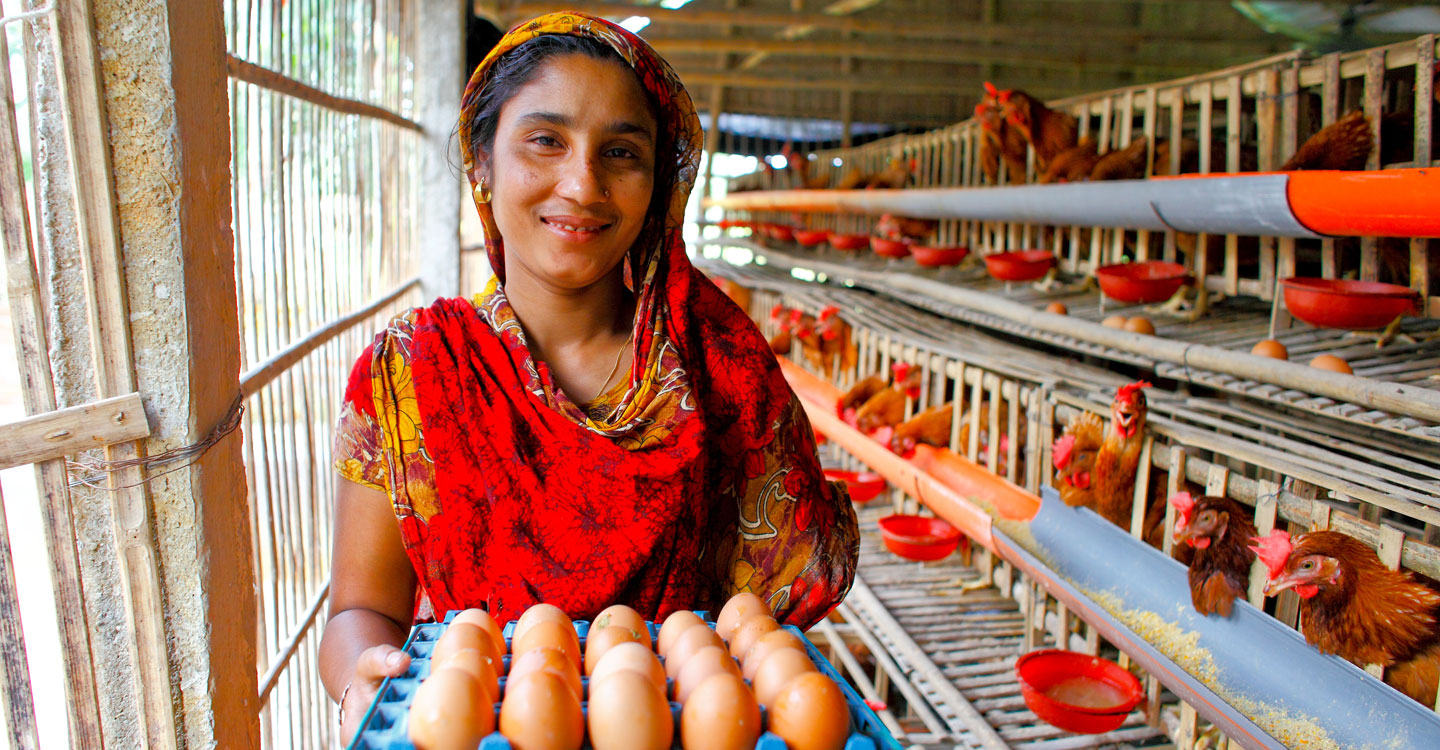
In this episode, we bring you the latest on how small-scale farmers are dealing with the COVID-19 crisis.
First, we catch up on IFAD’s ongoing response to the pandemic, plus the recent Governing Council, with IFAD’s Associate Vice-President Meike Van Ginneken. We then speak with USAID’s chief nutritionist about the risks to food security for mothers and children caused by the pandemic. We hear from Climate Edge, an agricultural software company, about the importance of bringing digital services to farmers. And we also hear from experts about the advantages of eggs – and poultry farming, more specifically – over other types of livestock farming.
Plus, we have news on the Earthshot Prize from Apoorva Oza, Chief Executive at the Aga Khan Rural Support Programme. Oscar-nominated filmmaker Alexander Jovy discusses carbon offsets with us. And we have the next part of our mini-series on the women leaders of the ACUA, a foundation for Afro-descendant communities living in Colombia, Ecuador, and Peru.
Episode Contents
- Catching up with Meike van Ginneken
- Shawn Baker on the pandemic’s consequences for nutrition worldwide
- Easter food for thought: The advantages of poultry farming
- Reaching small-scale farmers with Paul Baranowski
- Apoorva Oza on the Earthshot Prize
- Alex Jovy’s initiative to offset our carbon footprint
- ACUA Women Leaders: Teófila Betancout
- Summing Up
Catching up with Meike van Ginneken
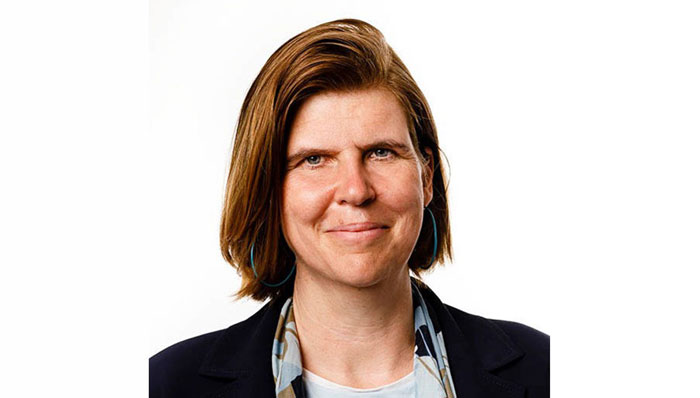 |
| Meike van Ginneken, Associate Vice-President for IFAD |
We sat down with Meike Van Ginneken, Associate Vice-President for IFAD, to get the latest on IFAD’s ongoing response to the pandemic. This month, our conversation focused on the ways in which the pandemic has challenged IFAD’s field operations to be more resilient and more innovative in their communications with donors and developing countries, and on the role that modern technology has played in the latter.
We also caught up with her on last month’s Governing Council. This year’s event brought together IFAD and representatives from 177 Member States, and, for the first time in the Council’s history, it was conducted entirely remotely.
Shawn Baker on the pandemic’s consequences for nutrition worldwide
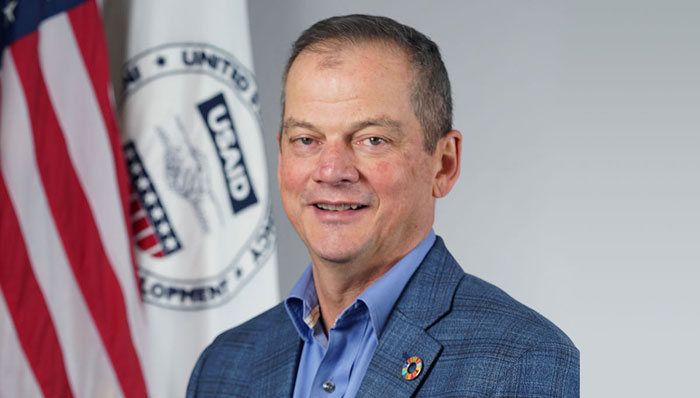 |
| Shawn Baker, Chief Nutritionist for USAID |
A recently released report from USAID highlights the urgency of the malnutrition crisis caused by COVID-19.
Since the beginning of the pandemic, lockdowns and other types of restrictions have taken a heavy toll on both food and health systems – and the consequences have been particularly severe for mothers and children.
The report suggests that, due to COVID-19, we could see the loss of a decade of progress on child nutrition. The health and nutrition of an entire generation of children is at risk – and this could perhaps be one of the most serious legacies COVID-19 leaves behind.
We spoke with Shawn Baker, Chief Nutritionist for USAID, about the pandemic’s devastating effects on global nutrition and USAID’s response.
Easter food for thought: The advantages of poultry farming
With the Easter holidays just around the corner, many of us are in the mood for chocolate eggs. We’ve taken this occasion to look into the world of poultry farming: eggs and the chickens that come from them…or did the chickens come first?
Our reporter Keyla Carvalho spoke with two livestock specialists about the advantages of poultry farming, especially in terms of financial security, gender equity, and climate change.
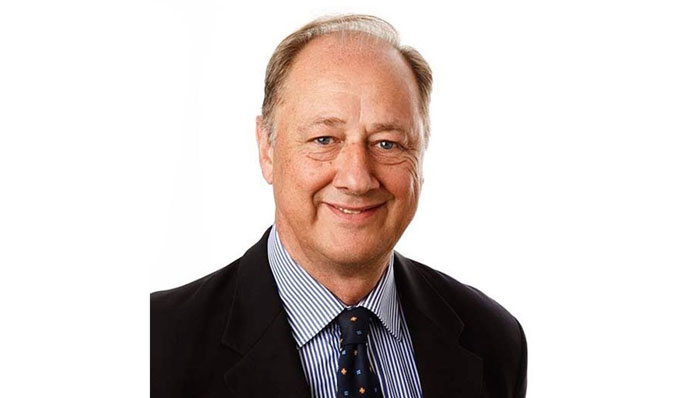 |
| Antonio Rota, IFAD Lead Global Technical Specialist, Livestock |
Reaching small-scale farmers with Paul Baranowski
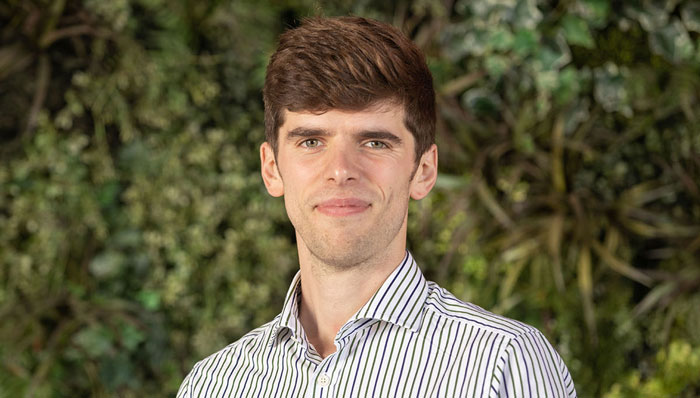 |
| Paul Baranowski, CEO and co-founder of Climate Edge |
Climate Edge is a company dedicated to increasing the profitability and stability of small-scale agriculture. They want to revolutionize how services are delivered to this market – and they’re all about tailoring solutions for individual farmers.
We spoke with Paul Baranowski, CEO and co-founder of Climate Edge, to learn more about how they’re reaching small-scale farmers. It all starts with a platform that grew out of Paul and his co-founders’ research from their university days.
Apoorva Oza on the Earthshot Prize
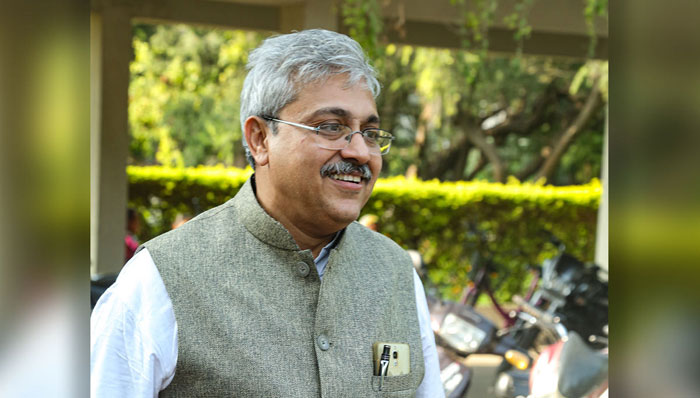 |
| Apoorva Oza, Global Lead for Sustainable Agriculture and CEO of the Aga Khan Rural Support Programme |
Launched last year by the UK’s Prince William and the Royal Foundation, the Earthshot Prize is a new global environmental award designed to incentivize change and help to repair our planet over the next 10 years.
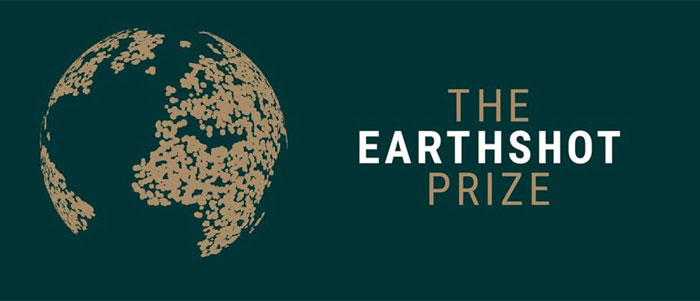 |
Our reporter Keyla Carvalho sat down with Apoorva Oza, one of the supporters of the Earthshot Prize. He also explained a bit more about the Royal Foundation and how it connects to the prize.
Alex Jovy’s initiative to offset our carbon footprint
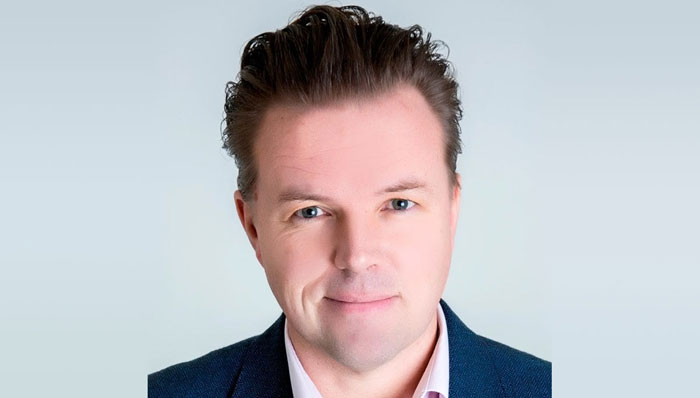 |
| Alex Jovy, founder of MyTree |
Alex Jovy is a man of many skills. He’s an Oscar-nominated filmmaker and the author of many books, and he now runs an operation called MyTree.
What started out as a reforesting memorial project where families could plant a tree alongside the ashes of a loved one is now being developed into a carbon-offset tree banking facility. The park spans 14 hectares and already has 500 trees planted, with room for up to 35,000.
Alex spoke with us about his journey from the movie business of Hollywood to the Berkshire, England countryside, where the tree park is located. We also discussed MyTree’s role in offsetting our carbon footprint and the interesting questions it raises for other issues, including farming and carbon markets for developing countries.
ACUA Women Leaders: Teófila Betancout
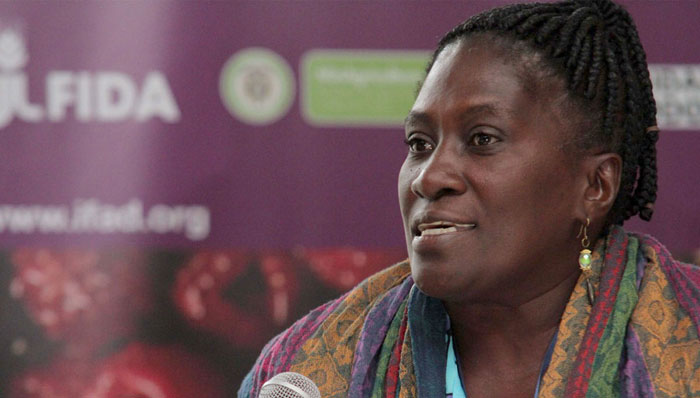 |
| Teófila Betancout of the ACUA Foundation |
The ACUA Foundation, an organization that supports Afro-descendant communities throughout Latin America, regularly works with IFAD to develop and support projects across the continent.
For the third installment in our series on the women leaders of the ACUA, our reporter Rosie González spoke with Teófila Betancout, a gender equity expert and home chef from Colombia. Teófila’s work with the Foundation focuses on fighting gender inequality within Afro-Colombian communities.
Next month we’ll be joined by Dorina Hernández from the village of San Basilio de Palenque, who will share some insights into the lives of Afro-descendant peoples living in rural communities across Colombia.
Summing up
Thanks to our producer Francesco Manetti; our reporters Rosie Gonzalez, Keyla Carvalho and Margaret Goring; and everyone else who’s worked on this programme. But most of all, thanks to you for listening to this episode of Farms. Food. Future., brought to you by the International Fund for Agricultural Development.
Remember, we want to hear from you – what you think about our stories and issues discussed, and who you want us to be talking to – so please get in touch with us at [email protected]. Send us your voice or text messages to that address and we’ll be happy to play you out in the next show.
Also don’t forget to subscribe to this podcast via your favourite podcast platform – and please rate us!
We’ll be back at the end of April with more news fresh from the farm. We’ll be talking mental health and art, especially as they relate to farming, and we’ll hear from the people at Chefs for the Planet.
And once again, we’ll be trying to be Good for You, Good for the Planet and Good for the Farmers.
Until then, from Brian Thomson and the team here at IFAD – thanks for listening.